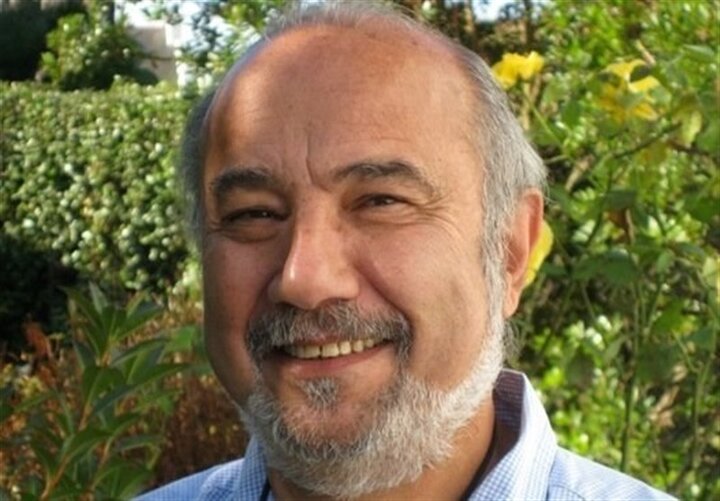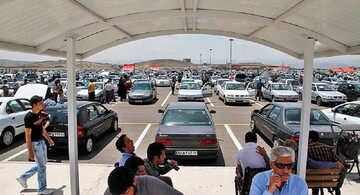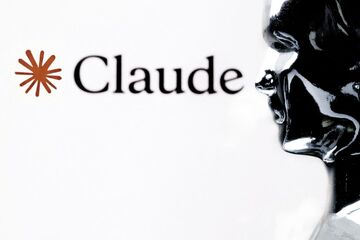TEHRAN(Bazaar) – Professor Hossein Askari, who teaches international business at the George Washington University, says Biden will want to integrate Iran into the region so that Iran is not an enemy.
In an interview with the Bazaar, Askari also says, “Friend is not in the cards but to open more channels to Iran and to the Iranian people so that the Iran is no longer seen as an enemy. What Biden will give to Iran in exchange will be at the top of his Middle East agenda.”
Following is the text of the interview:
Bazaar: Joe Biden, in an article published on CNN, presented a three-stage policy against Iran. Accordingly, he presented the three phases of nuclear talks, regional issues, the missile issue and human rights under one package. The important issue here is timing. That is, whether Biden considers the nuclear issue independent or links it to missile and regional issues. If such a connection is made, the probability of reaching an agreement with Iran is close to zero. On this basis, it is argued that he may seek to consider each issue separately and independently in possible negotiations with Iran. What is your assessment of Biden's policy toward Iran?
Askari: Sadly, Iran is in a weak economic position. It is somewhat isolated internationally. And while the Persian Gulf region is in somewhat of a turmoil, Trump has pushed PGCC countries towards Israel to further undermine Iran. What Trump has done is much more than withdraw from the Nuclear Agreement. He has weakened Iran’s economy to a breaking point. He has denied Iran access to much needed medicine and other humanitarian imports. He has assassinated Iran’s top military commander. And all along the rest of the world has not stood by Iran.
Biden will not go back to square one. That is restore the nuclear agreement, ask Iran to address any of its diversions from the agreement, remove sanctions that were imposed under Trump and to possibly compensate Iran for damages that it has incurred. Biden would not do all of this. That is certain. It is the nature of realpolitik.
However, anything that he does will have conditions. Simply said he will take this approach in part because of domestic pressure, especially from those who blindly support Israel and big Jewish donors. If Iran stands firm, it is possible to separate the issues. But I repeat if Iran stands firm. Then here is the best that Iran can hope for. The U.S. reinstates the nuclear agreement in return for Iran reversing all of its presumed violations. U.S. removes sanctions in a step fashion if Iran addresses all of its presumed violations. I think Iran’s missile program is a totally separate issue for Iran that has to be addressed in a much larger context. Namely, in the context of the sophisticated arms of the PGCC countries, Israel’s arsenal, U.S. bases in the region and regional guarantees. Human rights is a totally different issue. If Biden pushes on this, he has to be careful. What does he do when it comes to the PGCC countries and Israel’s treatment of Palestinians? Duplicity has its limits!
Bazaar: Biden has repeatedly spoken of returning to the JCPOA during his election campaigns. But there has been no talk of lifting sanctions on Iran. What is the reason for this, and will it lift nuclear sanctions in return for Iran's return from reducing its JCPOA commitments?
Askari: He has not discussed the lifting of sanctions for at least two reasons. First, Iran is not popular in the United States. No serious politician would run for an election and say that he or she wanted to help Iran. So it is not a surprise that he has not mentioned lifting sanctions in return for anything. As for lifting sanctions, I think I have already addressed this.
Bazaar: The Democratic Party announced in a statement during the presidential election campaign that it would no longer pursue a policy of regime change in Iran. Is this policy still pursued when Biden came to power or was it just a propaganda issue?
Askari: I think it was in part propaganda. But they wished for regime change but I don’t think they actively pursued change. They also thought that by reemploying sanctions and making Iranians miserable there would be upheavals inside Iran. So it was a hands-off approach to regime change.
Bazaar: In general, what changes will Biden's Middle East policy have compared to Trump?
Askari: Biden will distance himself from Saudi Arabia. He will try to reduce the U.S. military presence in the region. He will continue support for Israel but step back a little from Trump’s over the top support. But no major step back such as moving the U.S. embassy back to Tel Aviv. These changes will stand but less overt support. Biden will quietly push human rights. He will not embrace Arab dictators as Trump has done. He will want some human rights improvements in exchange for U.S. support. And finally, he will want to integrate Iran into the region so that Iran is not an enemy. Friend is not in the cards but to open more channels to Iran and to the Iranian people so that the Iran is no longer seen as an enemy. What Biden will give to Iran in exchange will be at the top of his Middle East agenda. Biden does not want to see a nuclear-armed Iran, or an Iran in a nuclear breakout position. Such a situation could lead to conflict that he does not need right now with Covid and a damaged economy. Iran has to be ready to negotiate, politically, militarily and economically.
Interview by Javad Heirannia















نظر شما